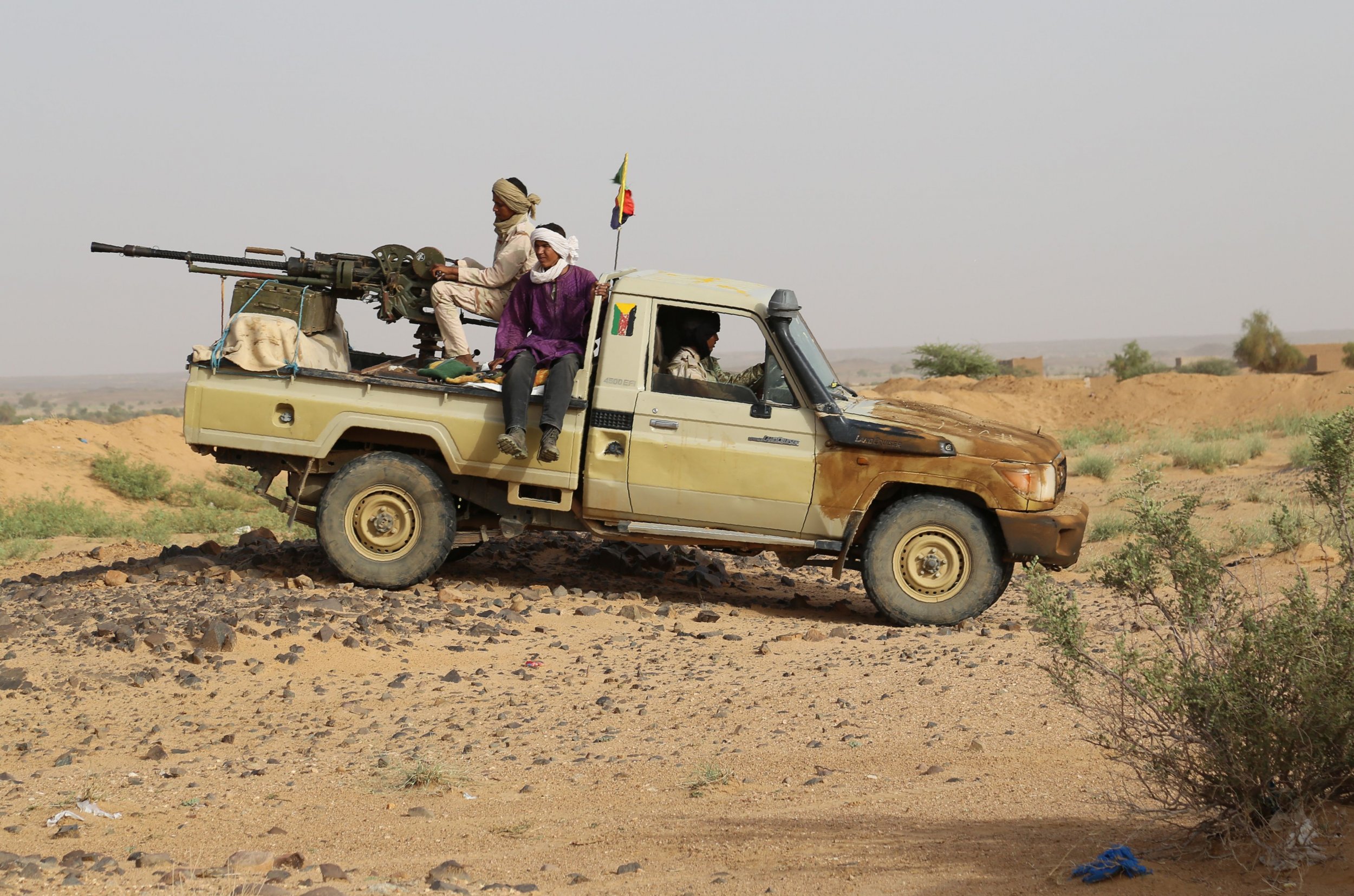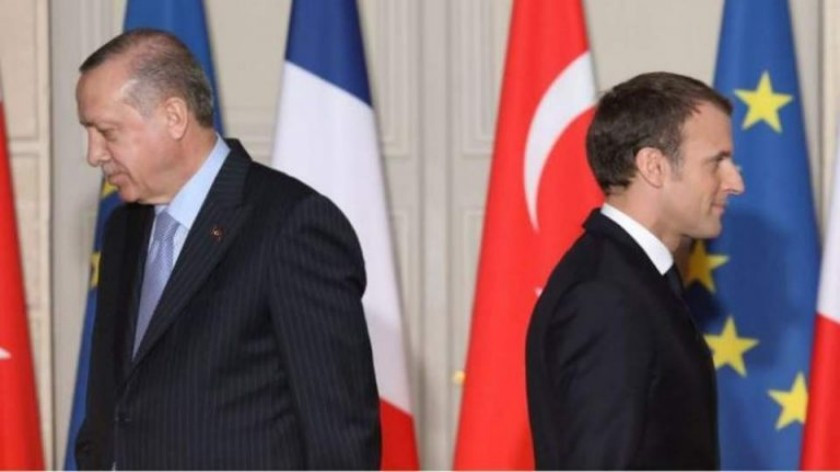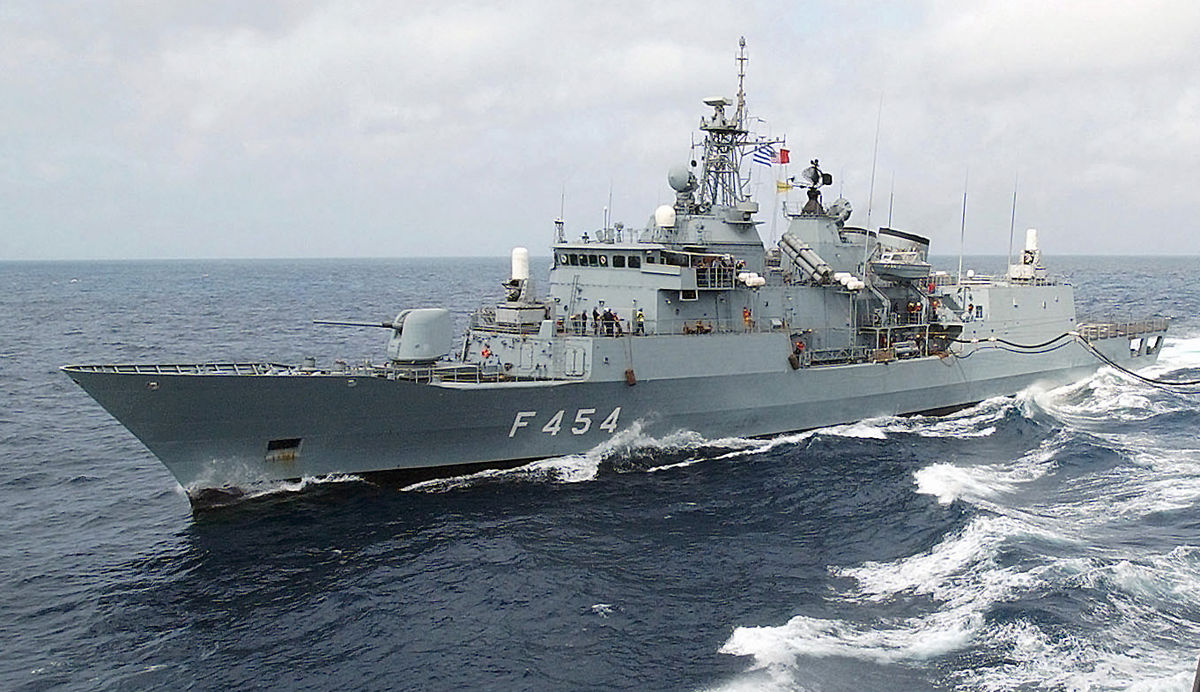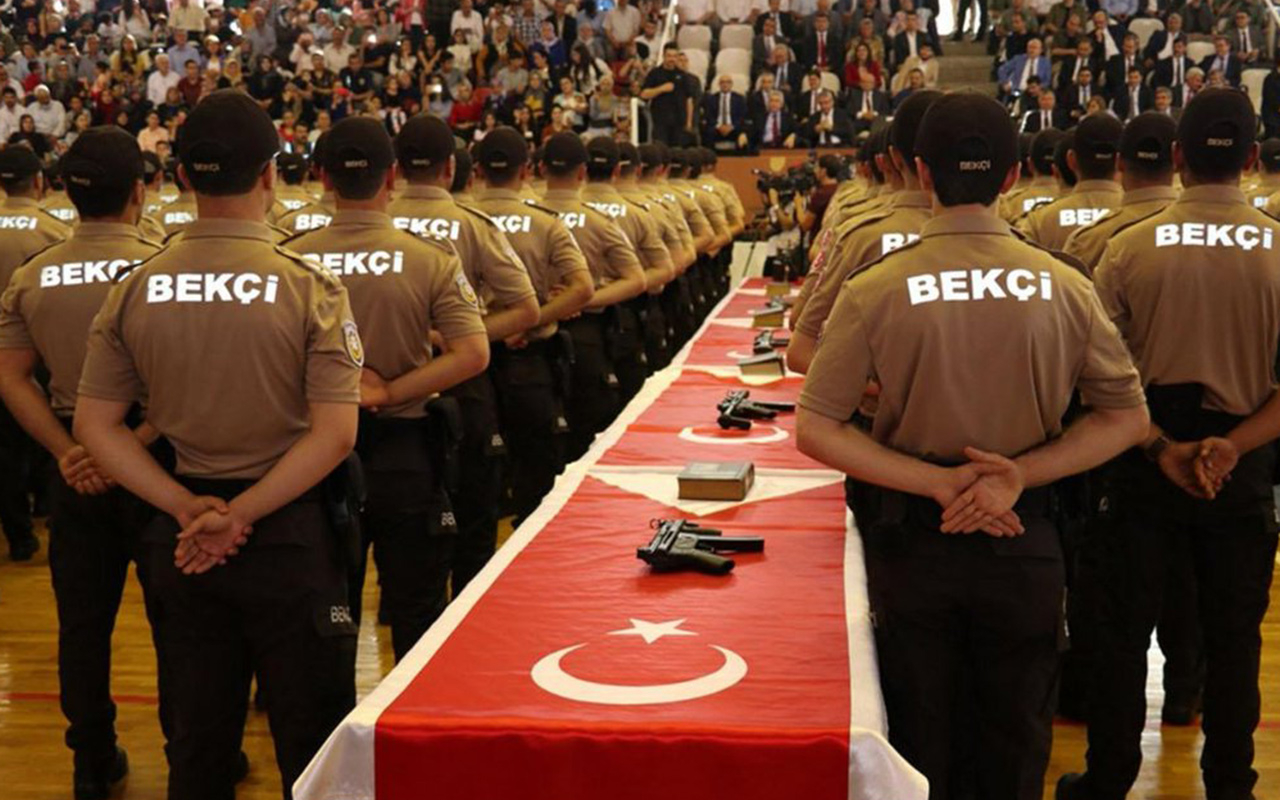Fakhruddin Alton, head of the Turkish Republic’s Communications Department, has hit back at the claims made by former US National Security Adviser John Bolton in his new book. The book includes references to discussions between Turkey and the United States.
Recent publication of a book authored by a high-level former U.S. official includes misleading, one-sided and manipulative presentations of our leader President Erdogan’s conversations with the US President Donald Trump.
— Fahrettin Altun (@fahrettinaltun) June 24, 2020
Alton explained that, according to Bolton’s account of the meetings, it is clear that the talks held by Turkish President Recep Tayyip Erdogan and his US counterpart Donald Trump were “one-sided” and “manipulative”
“We find it reprehensible that former high-level officials attempt to use serious diplomatic conversations and efforts to resolve outstanding issues between allies like the U.S. and Turkey for their domestic political agendas,” Alton continued.
Alton also stated that “President Erdogan and Trump are keen on repairing and maintaining stable Turkish-American relations, despite deep differences, and despite the votes targeting Turkey in Washington.”
Bolton’s book alleges that in 2018 Trump offered to step and help Erdogan with a Justice Ministry investigation. Erdogan was suspected of breaching US sanctions on Iran through links to a Turkish bank. Bolton wrote that Trump told Erdogan: “I will take care of things.”
Bolton alleged that Trump said “they are not his [Trump’s] people (close to him) but they are Obama’s people” and that the problem will be solved when they are replaced by his [Trump’s] people.
“Erdoğan provided a memo by the law firm representing Halkbank, which Trump did nothing more than flip through before declaring he believed Halkbank was totally innocent of violating U.S. Iran sanctions. Trump asked whether we could reach Acting U.S. Attorney General Matt Whitaker, which I sidestepped. Trump then told Erdoğan he would take care of things, explaining that the Southern District prosecutors were not his people, but were Obama people, a problem that would be fixed when they were replaced by his people.” Bolton wrote in his tell-all book.
The Turkish statement came a day after South Korea slammed Bolton’s new book. South Korea clarified that the account of discussions between US President Donald Trump and the leaders of the two Koreas were inaccurate and distorted.
“It does not reflect accurate facts and substantially distorts facts,” South Korea’s National Security Adviser Chung Yue Young said.
While Chung did not elaborate on specific points that South Korea considers inaccurate, he said the book sets a “dangerous precedent.”
“Unilaterally publishing consultations made based on mutual trust violates the basic principles of diplomacy and could severely damage future negotiations,” he added.
A book that annoys Trump
Bolton became Trump’s national security adviser in April 2018 but left his post in September 2019 due to differences between him and Trump over dealing with countries that pose major challenges for the United States, including Iran, North Korea, and Afghanistan.
In his book, “The Chamber that Happened the Events ” Bolton presents President Trump as a reckless leader.
Bolton’s book was published on June 23, after a federal judge in the United States ruled on Saturday, June 20, that former National Security Adviser John Bolton could go on publishing his book. The ruling came despite the efforts made by President Donald Trump’s administration to prevent the book from being released due to concerns that classified information could be revealed.





